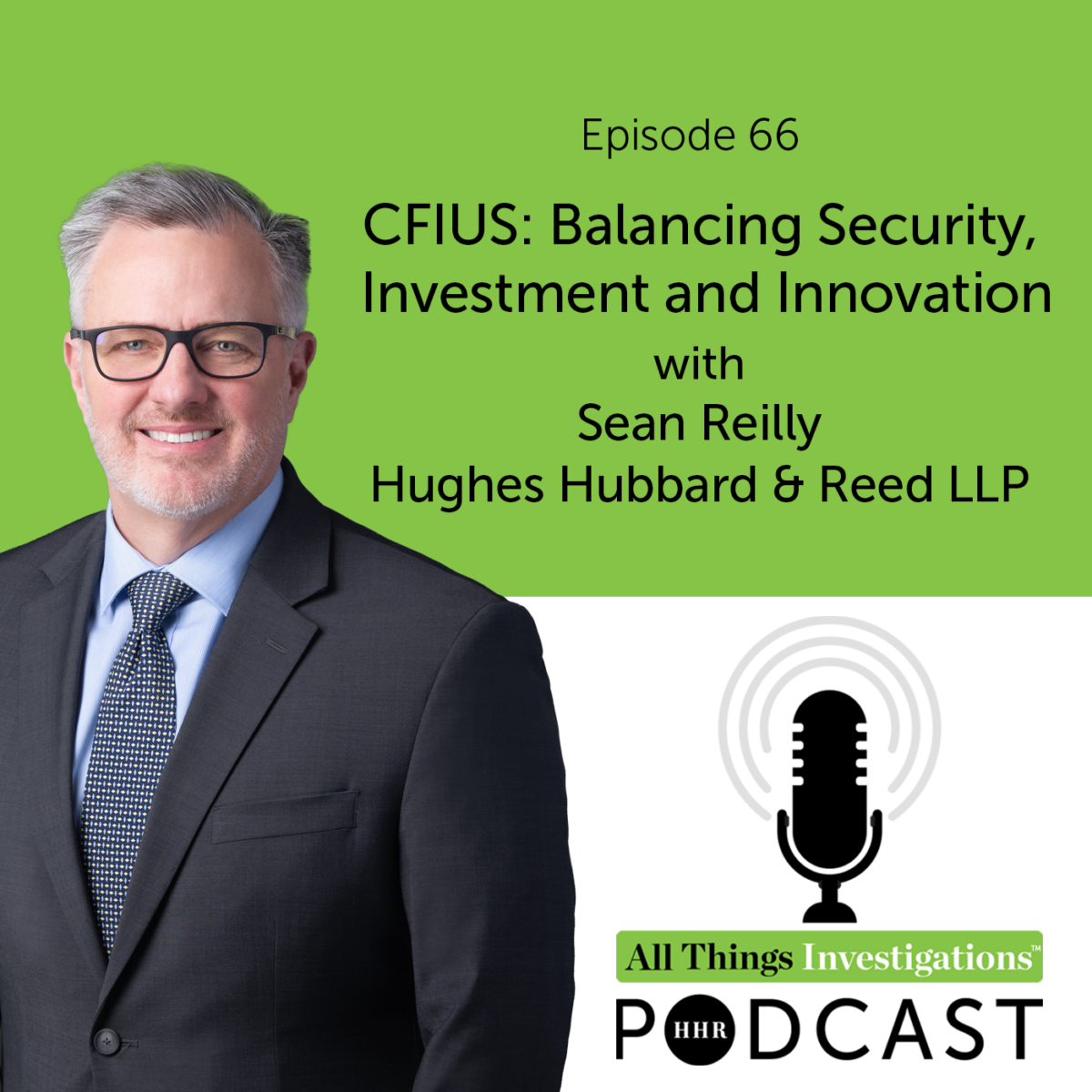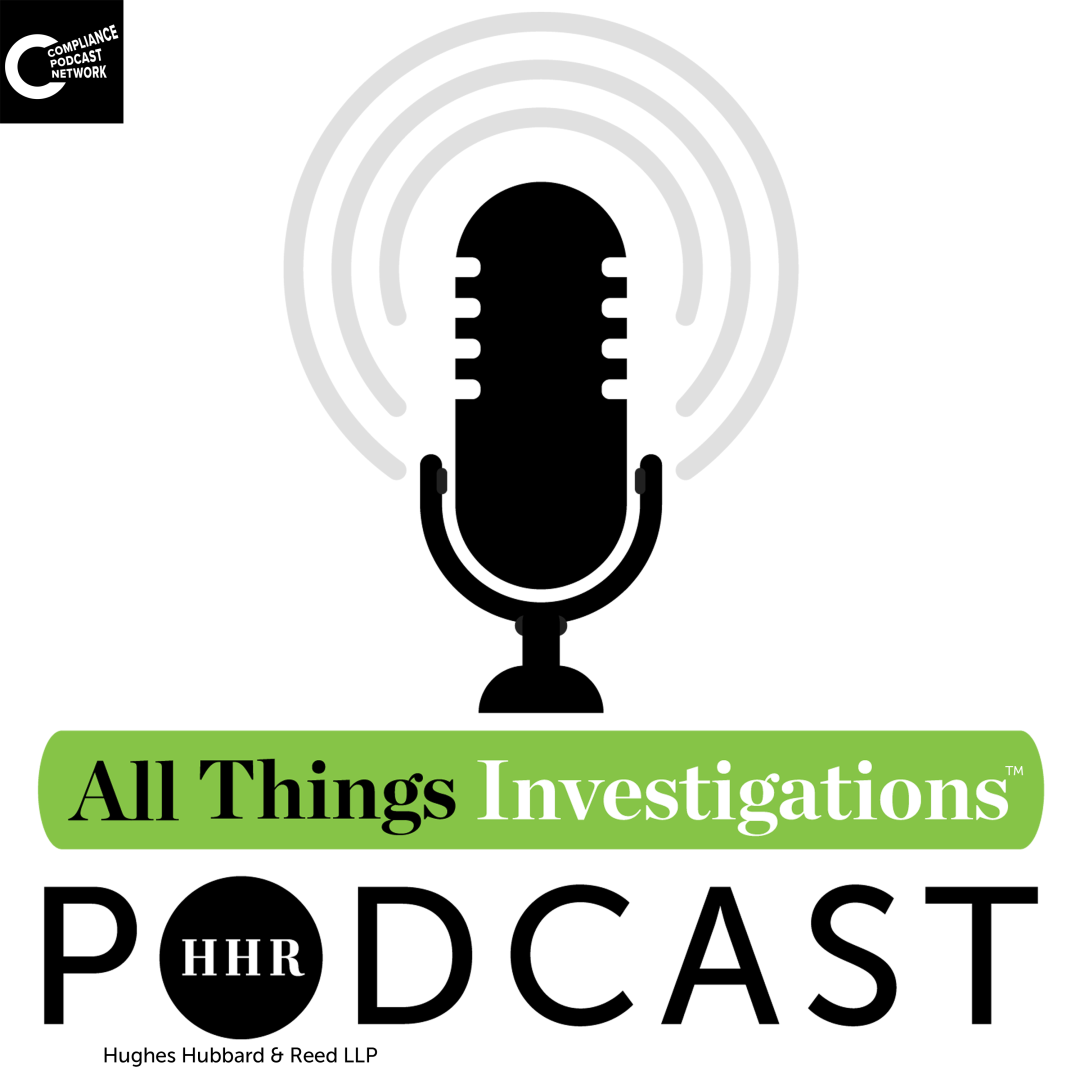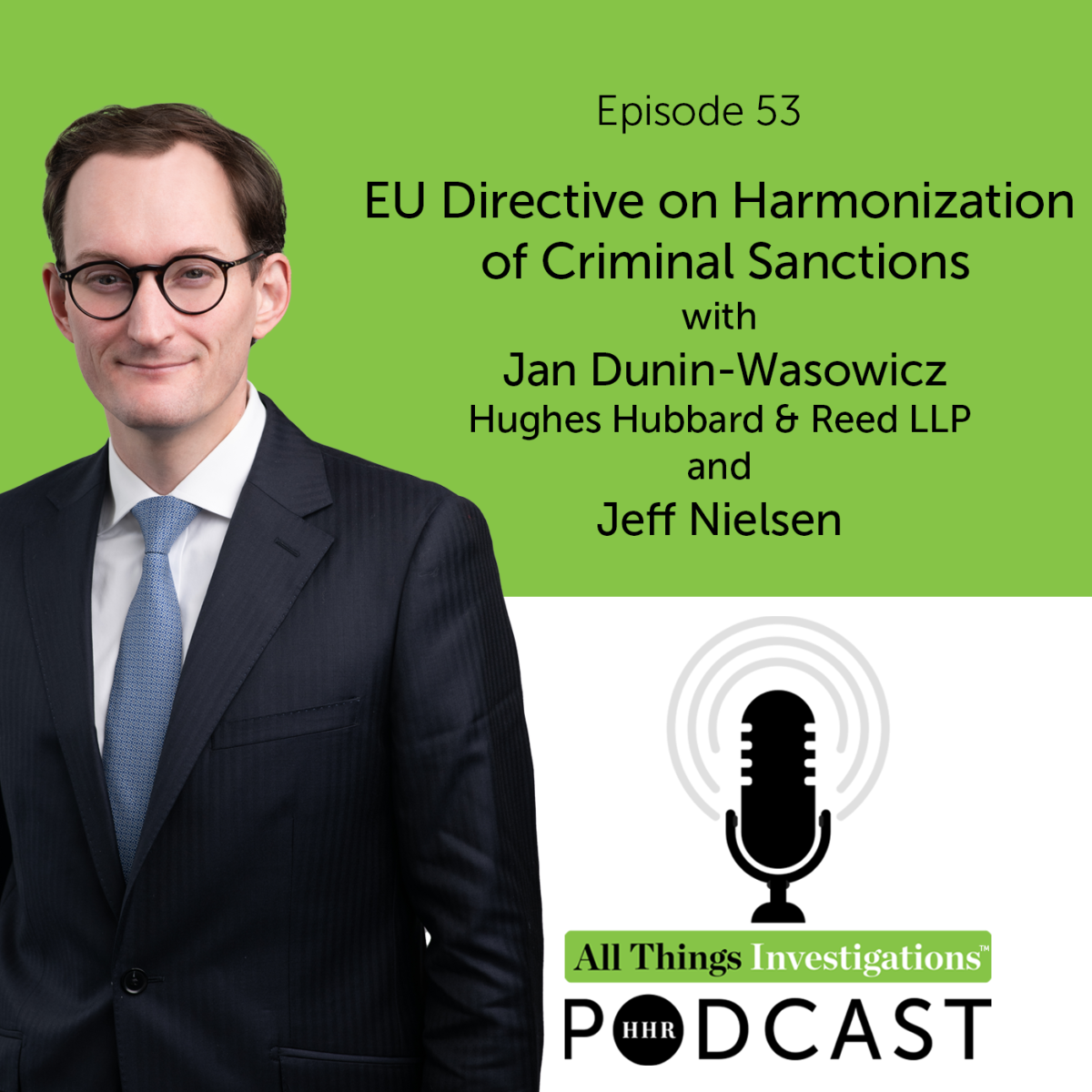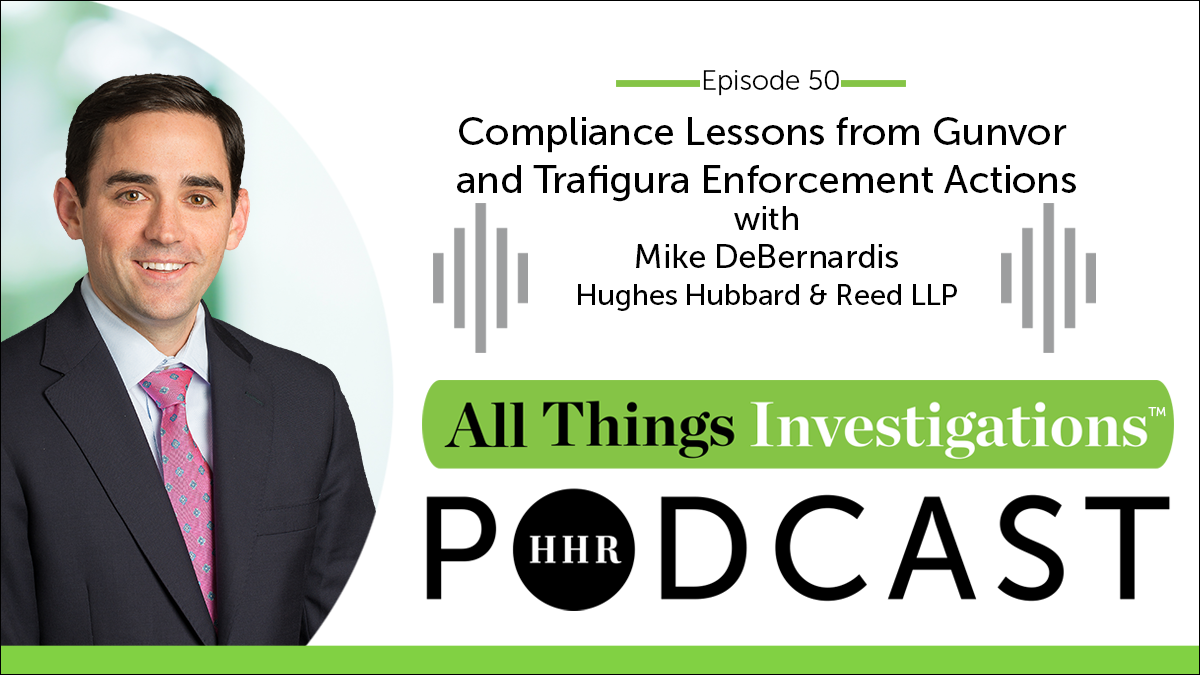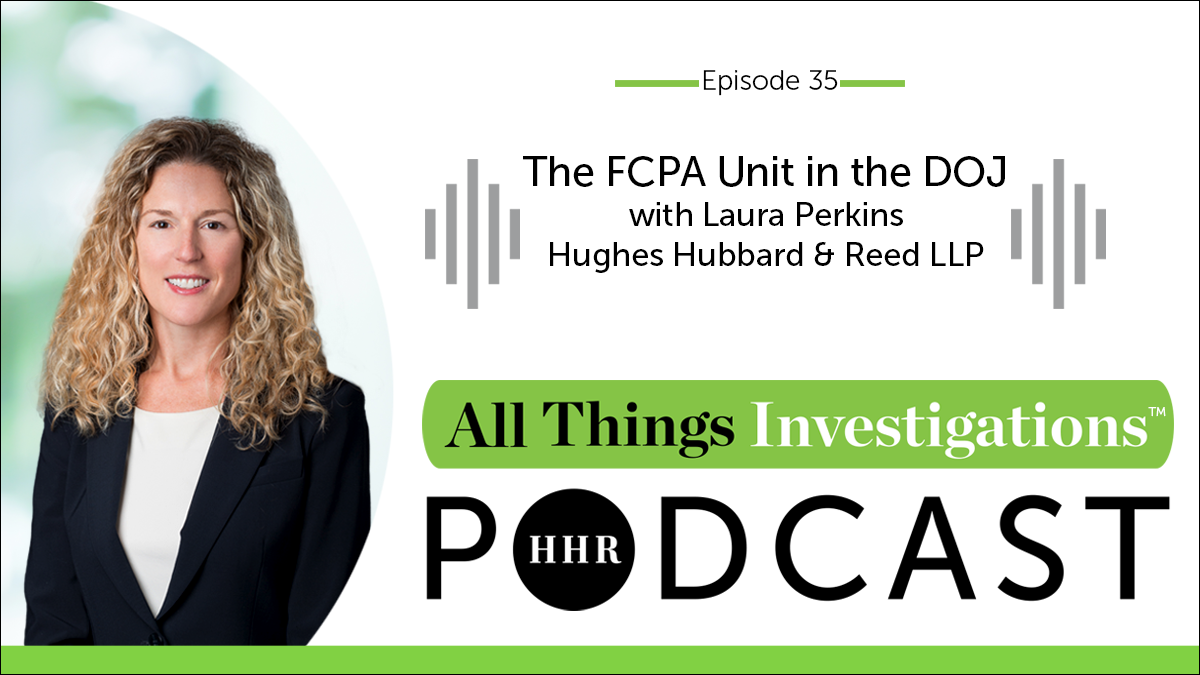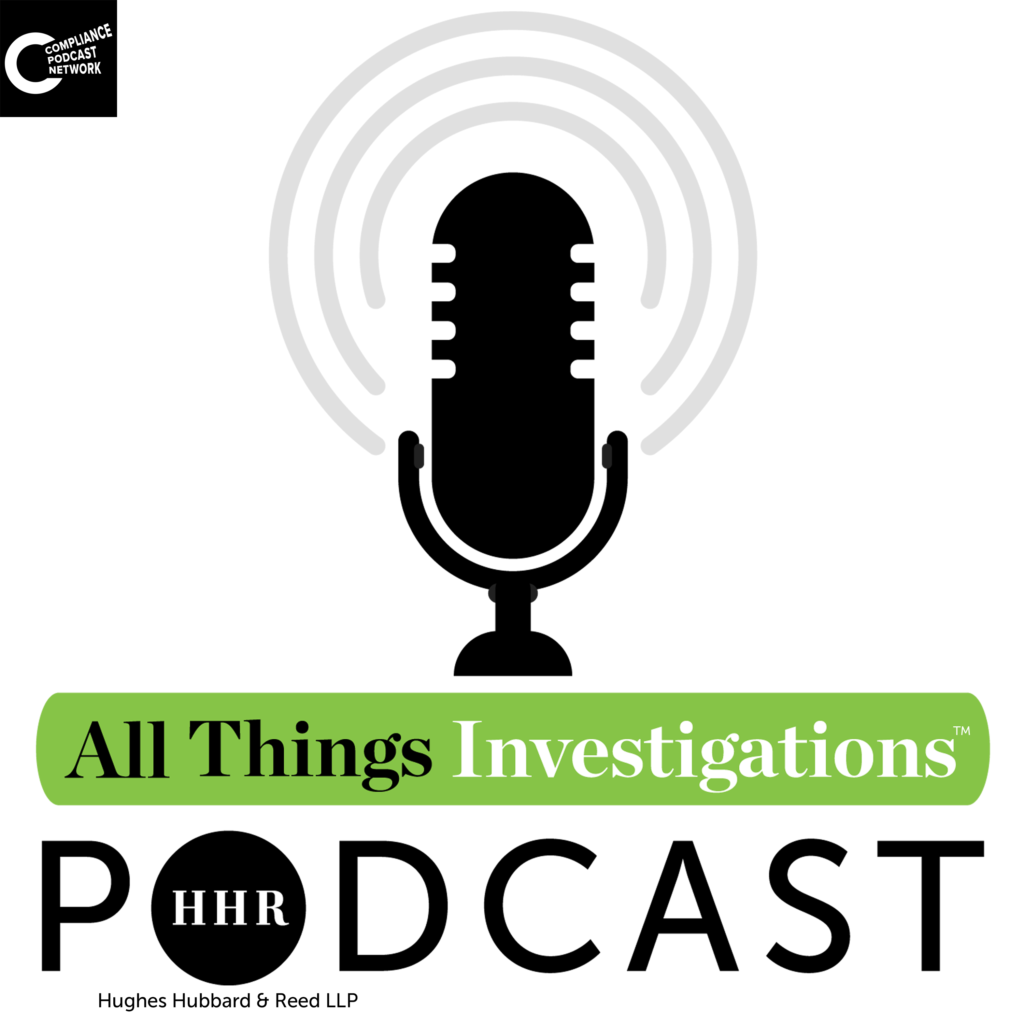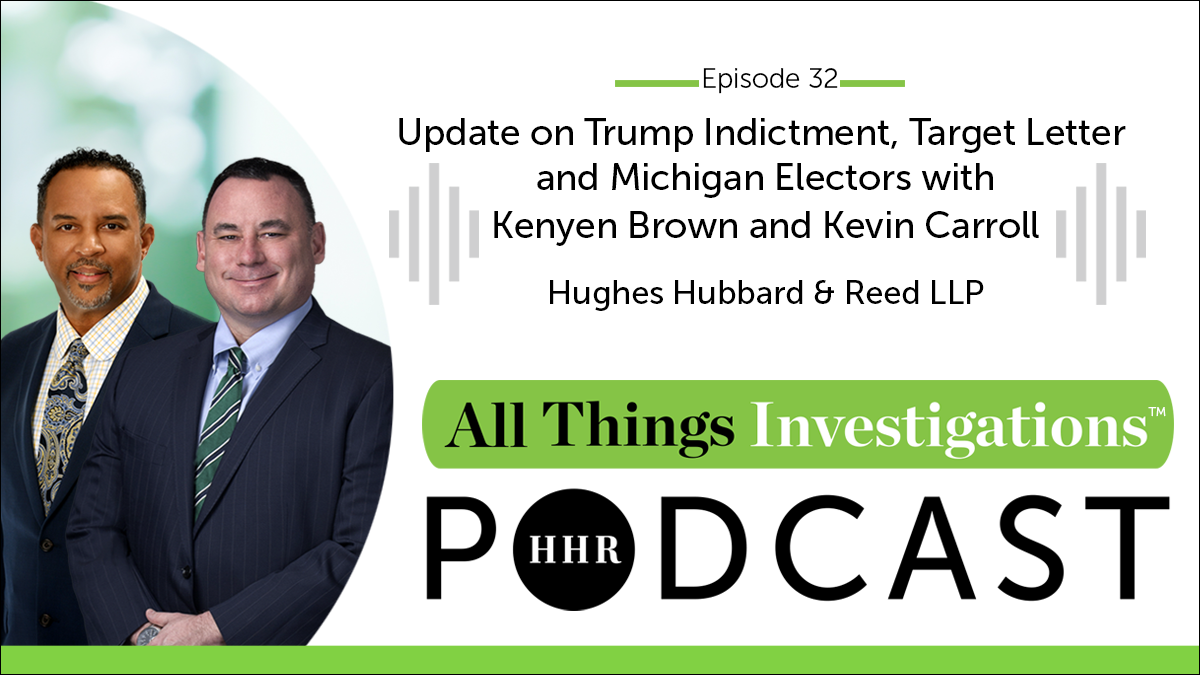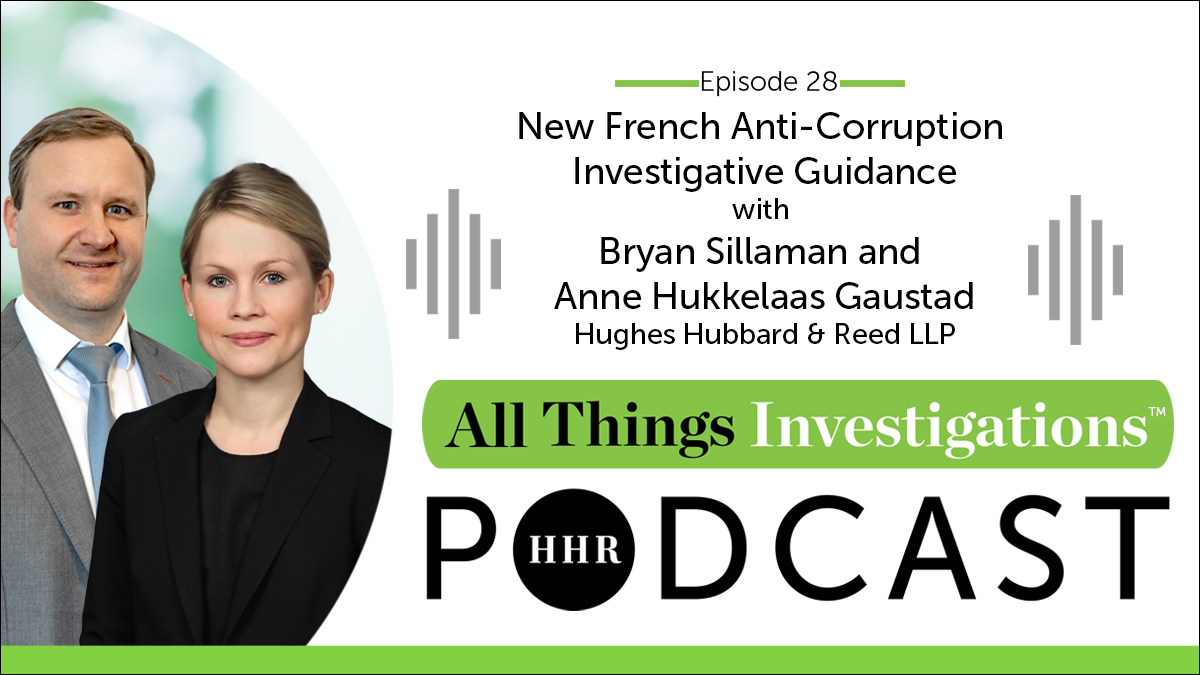Welcome to the Hughes Hubbard Anti-Corruption & Internal Investigations Practice Group’s podcast, All Things Investigation. In this podcast, host Tom Fox is joined by Sean Reilly to explore the Nippon Steel/US Steel transaction.
We begin with an in-depth explanation of the Committee on Foreign Investment in the United States (CFIUS) and its role in scrutinizing foreign transactions for national security risks. The conversation highlights the complex and detailed CFIUS filing process, stressing the importance of early compliance counsel involvement to avoid potential roadblocks. The discussion extensively covers the Nippon Steel and US Steel transactions, pointing out key developments and underlying political influences and analyzing how President Biden eventually barred the potential acquisition.
In an addendum, the conversation also touches on recent changes under the Trump administration, emphasizing the need for companies and compliance officers to adapt dynamically amidst rapidly evolving regulations. Sean advises on practical steps for businesses considering transactions that might trigger CFIUS involvement, underscoring the importance of engaging with the committee early and thoroughly. The episode is an essential guide for corporate compliance professionals navigating the complexities of cross-border transactions and national security considerations.
Key highlights:
- Understanding CFIUS
- Nippon Steel and U.S. Steel Acquisition
- CFIUS Concerns and Political Implications
- Advice for CFIUS Compliance
- Developments under Trump and Future Outlook
Resources:
Hughes Hubbard & Reed website


